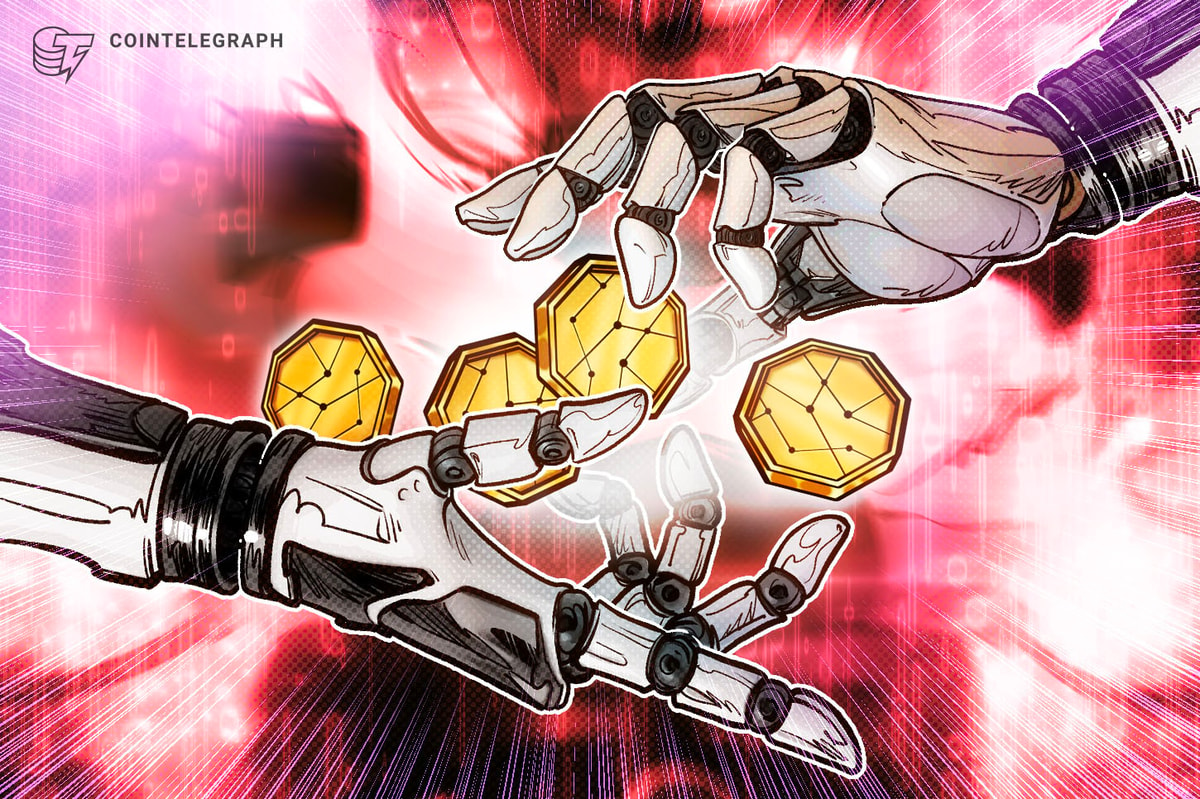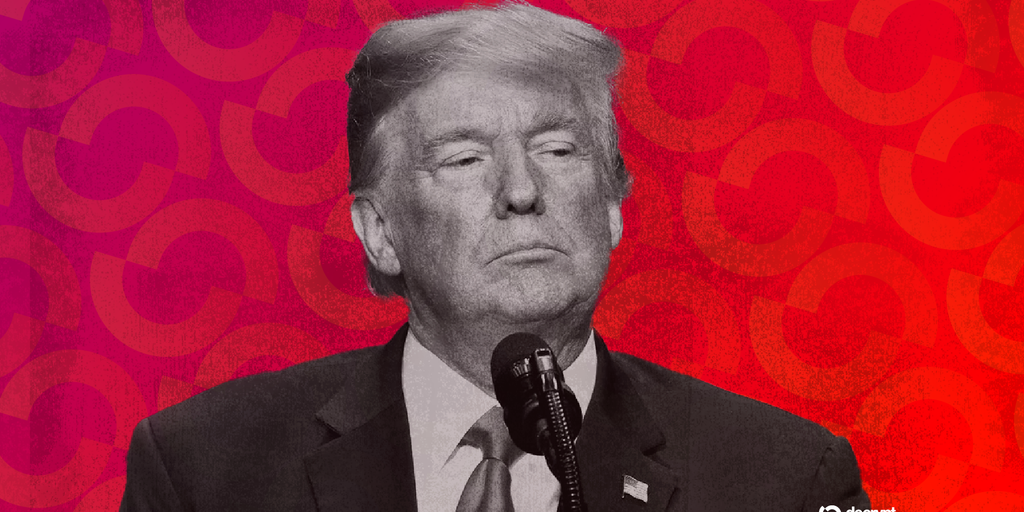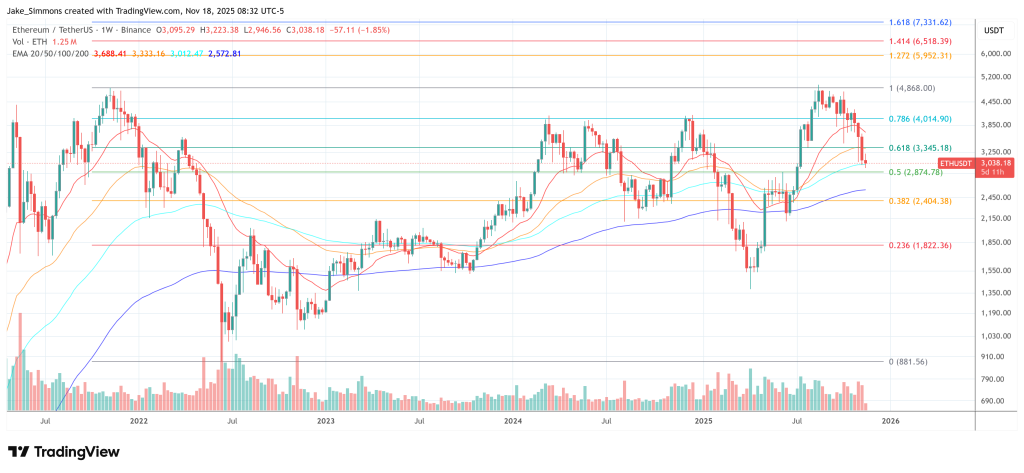Accounting Students Make Waves in Research Paper on AI and Blockchain
Two Master of Accounting Students from the University of Oregon’s Lundquist College of Business Co-Author Research Paper on Artificial Intelligence and Blockchain
Two Master of Accounting students in the University of Oregon’s Lundquist College of Business, Jordan Brewer and Dhru Patel, are making a name for themselves in the academic publishing world with a new paper on the timely topic of artificial intelligence (AI) and blockchain. Their research paper, “Navigating the Challenges of Generative Technologies: Proposing the Integration of Artificial Intelligence and Blockchain,” is set to be published in the journal Business Horizons and is co-authored with Alex Murray, an assistant professor of management and adviser to the Oregon Blockchain Group, along with Dennie Kim from the Darden School of Business at the University of Virginia.
A Groundbreaking Collaboration
This is a rare achievement, as co-publishing research papers with a faculty mentor is relatively rare even for doctoral students, and it’s almost unheard of for master’s students to publish a paper without any revisions requested. The article is being fast-tracked for publication due to its relevance to the pressing issue of misinformation distribution, including deepfake videos, pictures, and text.
A Blockchain-Based Solution to AI Challenges
In their paper, Brewer, Patel, Murray, and Kim propose a responsibility- and transparency-centered solution involving blockchain, the online ledger system used for cryptocurrency and other transactions. They describe how integrating blockchain ledgers into AI addresses several of its current challenges, including “hallucinations” linked to biases and hate speech. Their proposed solution aims to ensure factual information and accountability, preventing misuse.
In other words, integrating blockchain technology into AI enhances reliability and accountability while keeping people’s data private, according to Patel. He explained that the proposed solution could help mitigate the detrimental effects of AI in the absence of meaningful regulations.
A Look into the Future of AI and Blockchain
Brewer and Patel are members of the Oregon Blockchain Group, a student club that aims to educate and empower individuals on blockchain and other cutting-edge technologies. Both students are on track to graduate in June and have already secured jobs at public accounting firms. Jordan is headed to Morgan Stanley in New York, and Dhru will join PWC in San Francisco.
Patel, who has been involved in the technology for some time, is particularly interested in how integrating blockchain could positively change the culture aspect of AI. Brewer, on the other hand, plans to continue writing and keeping the topic top of mind in the accounting industry, citing his interest in how research could enhance human productivity rather than replacing it.
Future Research Directions
Up next for the Lundquist College team is additional research, following up on the issues they have raised in their current project. Patel highlighted several topics they want to delve into, including how AI tools are being used and influenced by major industry players, while the public still struggles to get an even footing in the fast-moving AI world.
Brewer and Patel are interested in creating incentive structures that could lead to collective organization overpowering corporations, given the potential for AI to restructure societal interactions positively and negatively.
Conclusion
The integration of blockchain and AI has the potential to revolutionize the way we approach artificial intelligence. By addressing the current challenges of AI, such as hallucinations and misinformation, and implementing a responsibility-centered solution, we can ensure factual information and accountability. As the authors of the research paper highlight, the future of AI holds great promise, but it is crucial to explore the potential consequences and take steps to mitigate any negative effects.
Q: What is the purpose of the research paper?
The purpose of the research paper is to explore the challenges of artificial intelligence and propose a blockchain-based solution to address these challenges.
Q: What are the benefits of integrating blockchain and AI?
The integration of blockchain and AI can enhance reliability and accountability while keeping people’s data private. It can also mitigate the detrimental effects of AI in the absence of meaningful regulations.
Q: Who are the authors of the research paper?
The authors of the research paper are Jordan Brewer and Dhru Patel, two Master of Accounting students from the University of Oregon’s Lundquist College of Business, along with Alex Murray, an assistant professor of management, and Dennie Kim from the Darden School of Business at the University of Virginia.
Q: What is the significance of this research?
This research is significant because it highlights the potential of blockchain and AI to revolutionize the way we approach artificial intelligence and address the challenges it poses.
Q: What are the future research directions?
The future research directions for this project include exploring how AI tools are being used and influenced by major industry players, as well as creating incentive structures that could lead to collective organization overpowering corporations.









